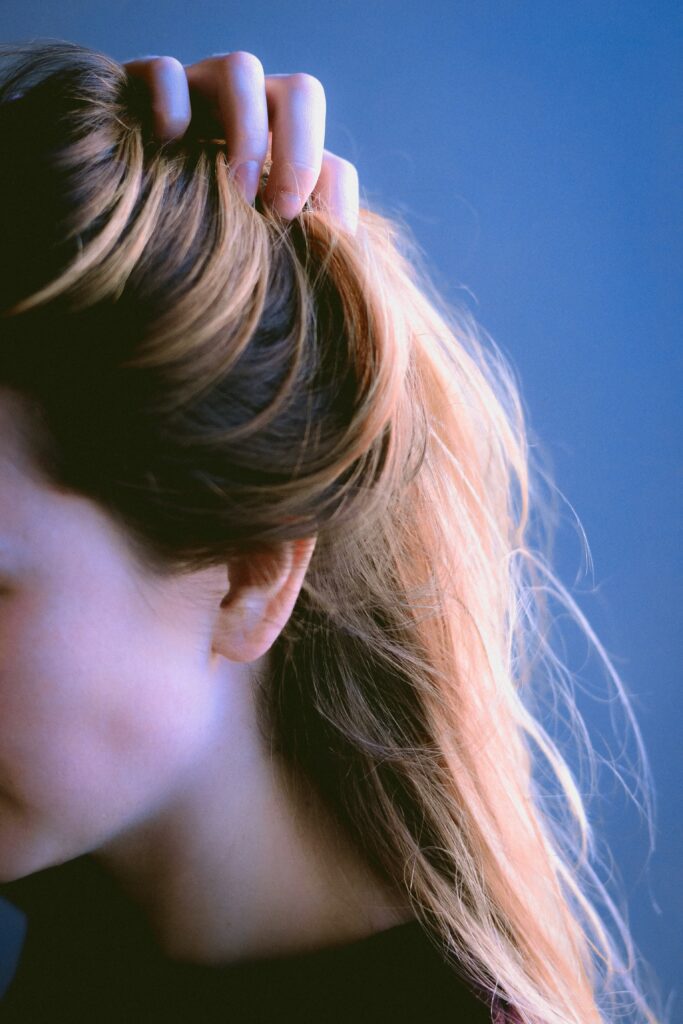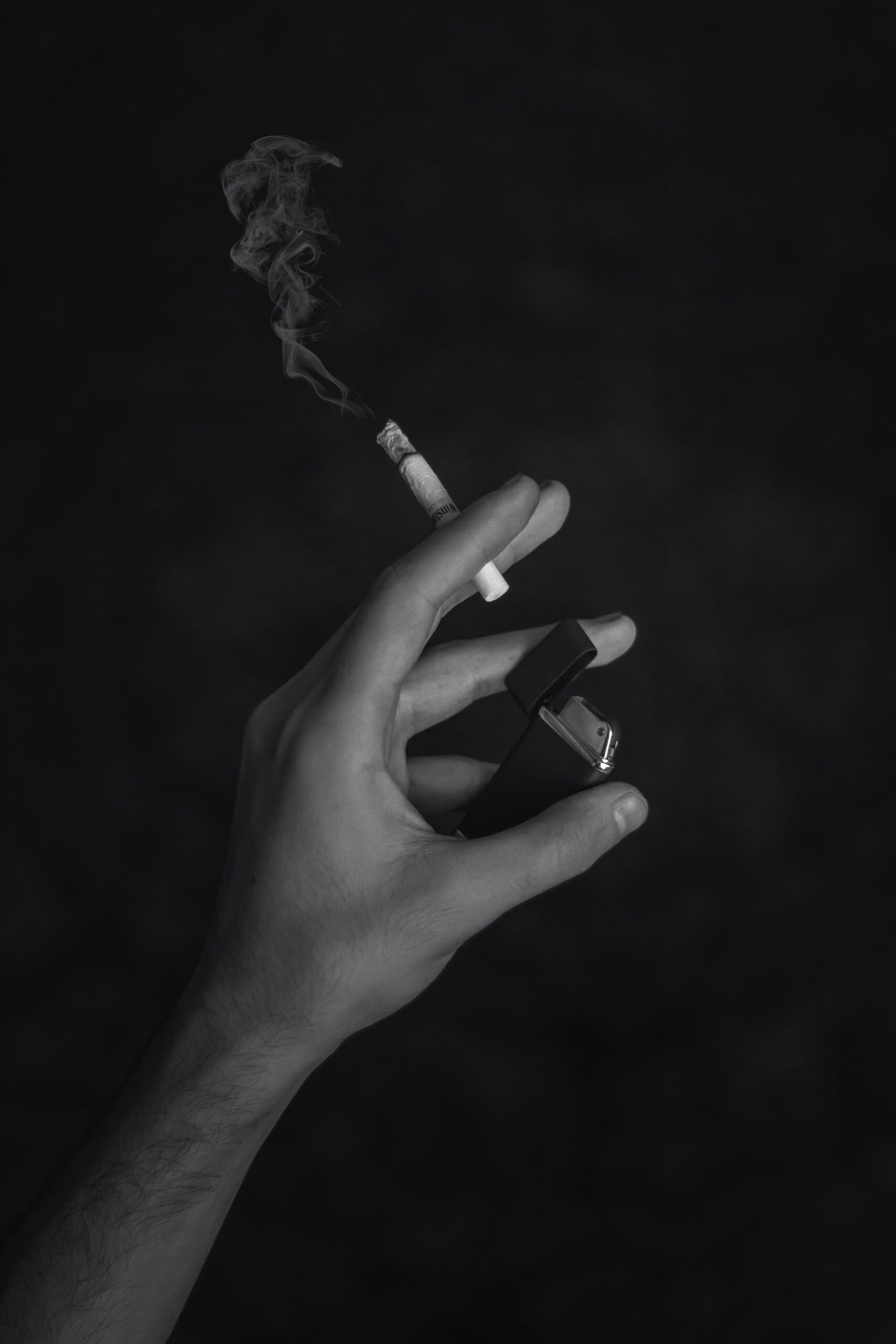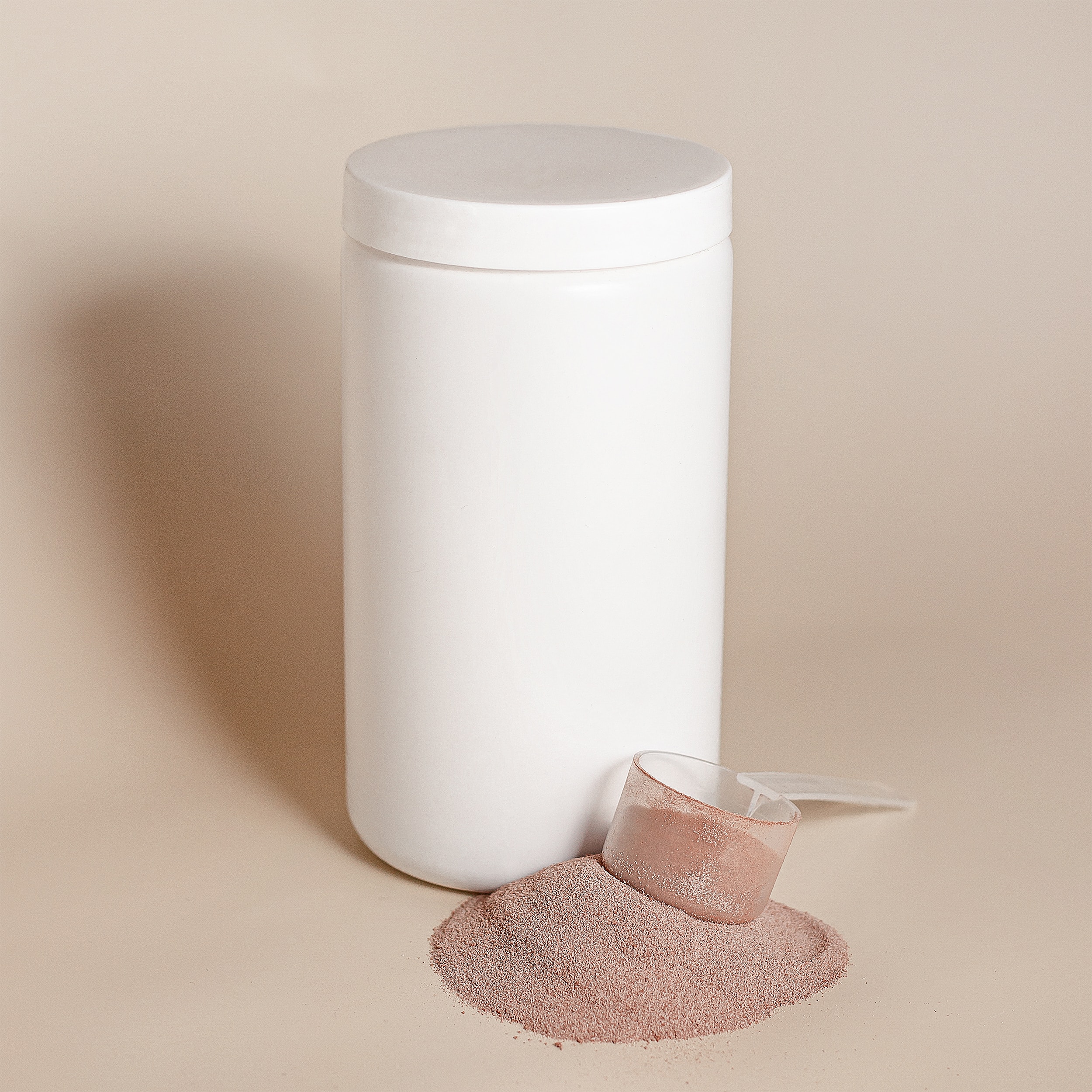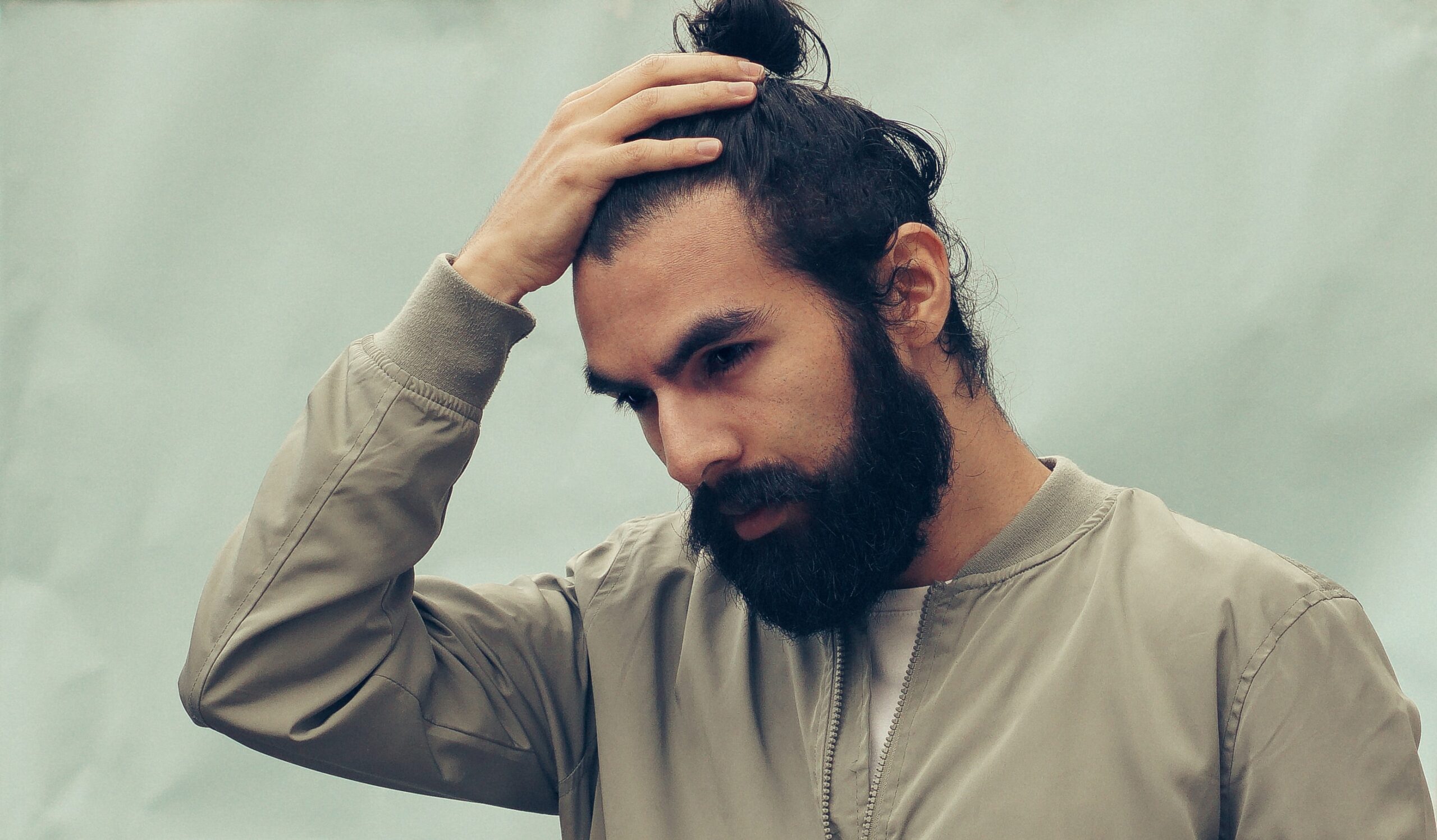
Does anaemia cause hair loss?
14th September 2023
Iron deficiency, anaemia, refers to a lower than normal iron in the body. Most commonly, it occurs because of blood loss or pregnancy. However, some people affected by anaemia can experience hair loss as one of their symptoms.
So, firstly why do we need iron in the body?
Iron is essential for making haemoglobin, a substance in red blood cells that transports oxygen around the body. When there are fewer red blood cells available, the body has difficulty transporting oxygen to the various organs and tissues, and this is what can cause anaemia.
As iron is an essential nutrient, it must be obtained entirely through diet. This means a lack of iron consumption puts you at risk of low iron stores or ferritin levels (a compound composed of iron molecules in the body) and anaemia.
On average, the amount of iron needed per day is as follows:
- 7mg for men aged 19 and over
- 8mg for women aged 19 to 49
- 7mg for women aged 50 and over
And, if not getting enough iron, potential symptoms of anaemia can include:
- Tiredness and lack of energy
- Shortness of breath
- Noticeable heartbeats (heart palpitations)
- Pale skin
- Hair loss
So, how does having anaemia affect the hair? And does low ferritin cause hair loss?
Ferritin is a protein that stores iron for the body to use when it’s needed. The spleen, liver, blood, and hair follicles all contain ferritin. When somebody has a low ferritin count,and the body’s iron is at a decreased level, the ferritin in hair follicles goes elsewhere, which can then cause the hair to weaken and shed.
Medical professionals are not sure why only some people experience hair loss as a symptom of anaemia, but as iron is an essential component in the enzyme ribonucleotide reductase that aids cell growth, a lack of iron to the susceptible hair follicle cells, may explain the effect.
There have been many studies of the effect of anaemia on hair loss, with the majority of these being related to women. Research https://www.jaad.org/article/S0190-9622(05)04745-6/fulltext has determined that there is not enough evidence to confirm that iron deficiency anaemia definitely causes hair loss. Still, some studies have found that those with hair loss are deficient in iron. Plus, even with some conflicting evidence about the correlation between iron deficiency and the loss of hair, many medical professionals believe that a seriously low level of iron in the blood can impact the workings of hair follicles.
However, research suggests that iron deficiency hair loss does not leave permanent damage to the hair follicles, so this is promising for repair and regrowth of the hair if the balance of iron is restored.
How to treat anaemia and aid hair growth
As the follicles are not permanently damaged through anaemia, a GP can prescribe iron supplements to aid iron consumption. Diet is also a significant part of treating anaemia, so eating foods which are iron rich will also help. Foods that contain a high amount of iron include:
- Meat
- Fortified cereals and whole grains
- Beans
- Nuts
- Shellfish
- Leafy green vegetables (e.g. spinach and kale)
- Dried fruit
Next Steps
If you are concerned about hair loss, contact Farjo today, as we can offer advice on a hair treatment strategy which could work for you. The health of hair transplants can be influenced by your lifestyle and eating and drinking habits, so assessing your iron consumption if you believe your hair loss is due to a lack of iron may be needed. During a hair treatment consultation, our expert team will provide information on what you can do both before, and after, your treatment plan to maximise the results and achieve the look you desire. Get in touch today to discuss your requirements further.


